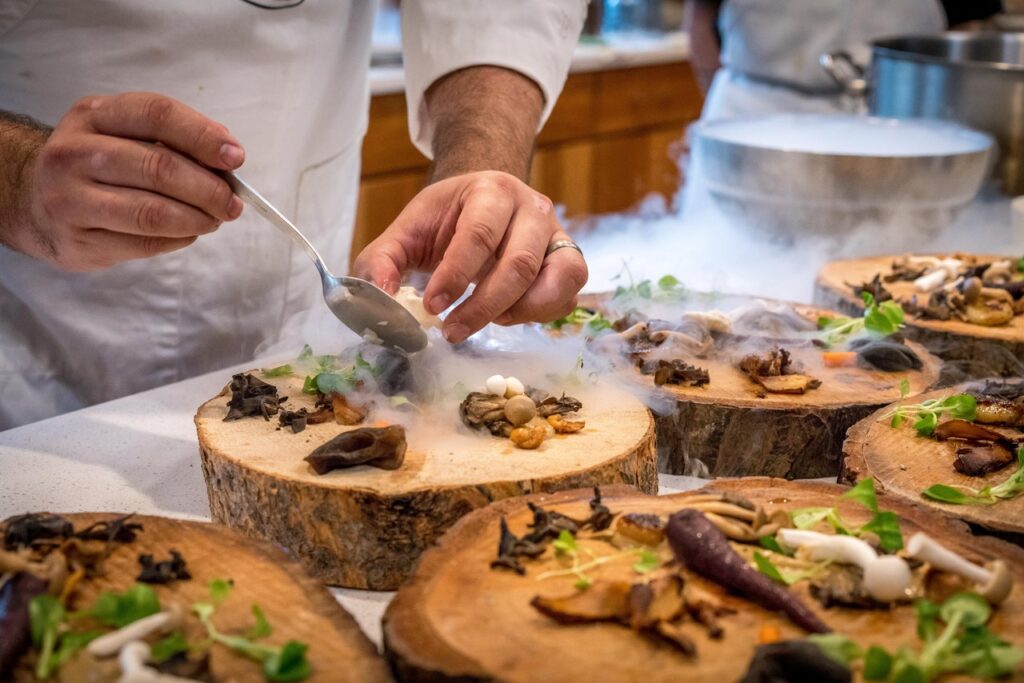
Gastronomic diversity is growing in the United States thanks to the multiplicity of immigrant communities that exist within the country, but not only that, since their traditional food has been modified and

Gastronomic diversity is growing in the United States thanks to the multiplicity of immigrant communities that exist within the country, but not only that, since their traditional food has been modified and